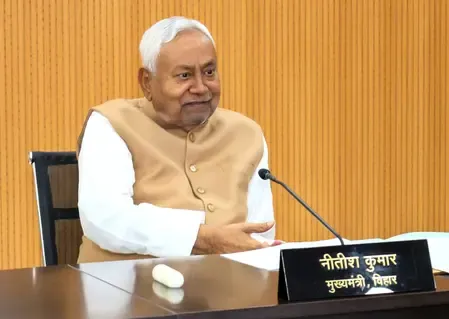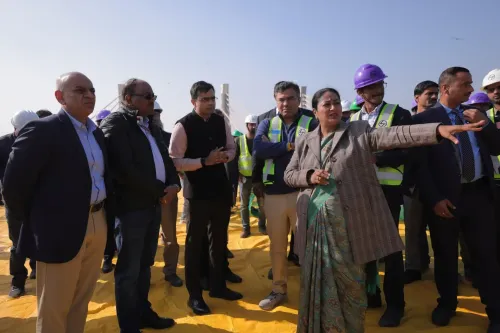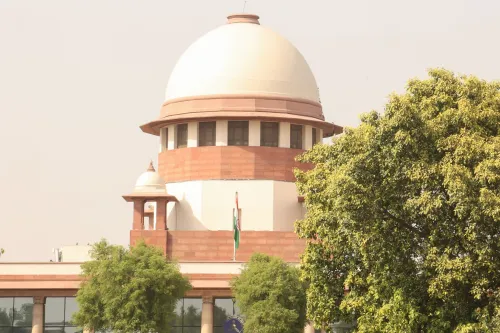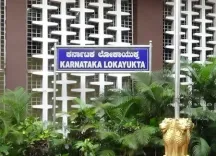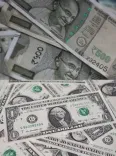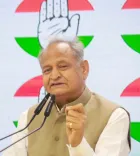Is Bangladesh's Radical Islamist Party Set to Regain Registration and Election Symbol?
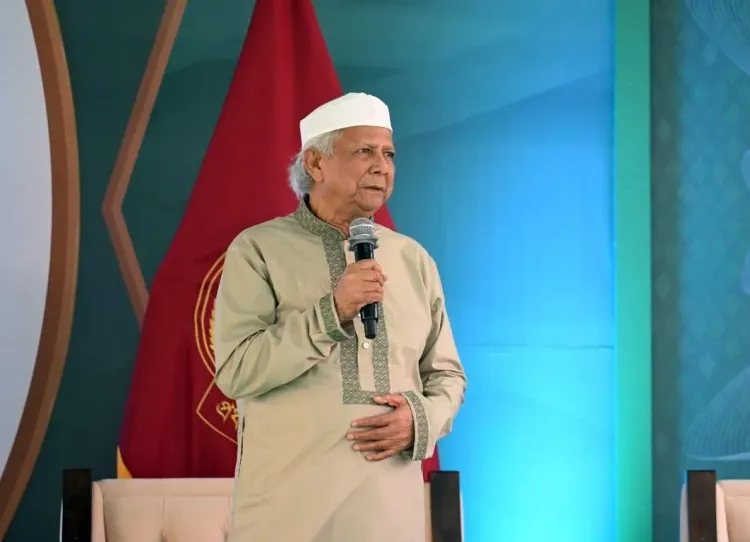
Synopsis
Key Takeaways
- Jamaat-e-Islami is set to regain its political registration.
- The party's electoral symbol, Daripalla, will be restored.
- The Supreme Court ruling overturned a previous High Court decision.
- The party's legal battle dates back to 2013.
- The recent political upheaval played a crucial role in this development.
Dhaka, June 4 (NationPress) The radical Islamist party Jamaat-e-Islami in Bangladesh is on the brink of having its party registration reinstated, along with its iconic electoral symbol of scales (Daripalla), as confirmed by a member of the Election Commission (EC) on Wednesday.
This development comes in light of a recent ruling from the Supreme Court of Bangladesh, which has ordered the restoration of Jamaat's registration, reversing a prior High Court decision that had deemed the party's registration unlawful.
“Jamaat-e-Islami will be regaining its registration soon. We are currently undertaking the necessary measures. The Election Commission has reached a decision on this matter,” stated Election Commissioner Abul Fazal Sanaullah during a press briefing after a meeting at the Election Commission Secretariat in Agargaon.
The meeting was presided over by Chief Election Commissioner (CEC) AMM Nasir Uddin and included other commissioners and senior officials.
As reported by Bangladeshi media outlet UNB, Commissioner Sanaullah mentioned that Jamaat's party symbol will be restored following a policy decision made by the EC.
Just a few days prior, the ruling from the Supreme Court opened the door for the Islamist party to reclaim its status with the EC.
The journey of Jamaat-e-Islami to regain its political recognition dates back to August 2013 when the High Court ruled its registration illegal following a writ petition. Subsequently, the Election Commission formally annulled the registration via a gazette notification in December 2018.
Although Jamaat appealed against the High Court's ruling, the Appellate Division dismissed the appeal in November 2023 due to the absence of the party’s lead counsel, causing the High Court judgment to remain effective until this latest ruling.
The party's legal comeback coincided with the ousting of the Awami League government led by former Prime Minister Sheikh Hasina during a violent mass uprising last year.
Following this upheaval, Jamaat submitted a new petition to revive its appeal and restore its status as a registered political entity. In October, the Appellate Division accepted Jamaat's petition, setting the stage for the ruling announced on Sunday.
The interim government led by Muhammad Yunus, which took power after the fall of the Awami League, had earlier lifted the ban on Jamaat and its student wing, Islami Chhatra Shibir, through a gazette notification.
These groups were previously declared illegal political entities under the Anti-Terrorism Act of 2009 by the former administration.
Radical elements within these groups played a significant role in the student-led protests that resulted in the overthrow of Hasina's democratically elected government.



